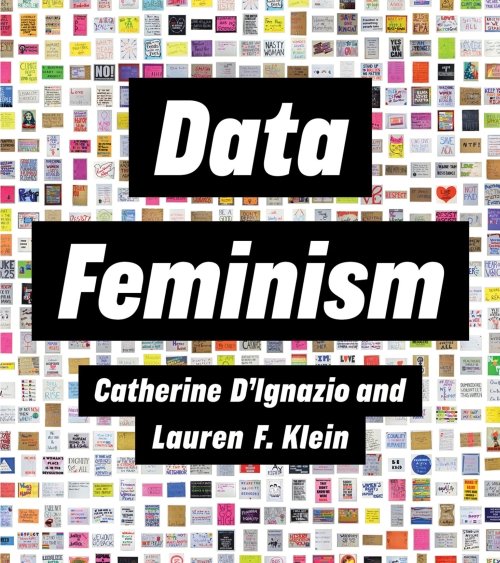"We have seen through many examples that data science and artificial intelligence can reinforce structural inequalities like sexism and racism. Data is power, and that power is distributed unequally. This book offers a vision for a feminist data science that can challenge power and work towards justice. This book takes a stand against a world that benefits some (including the authors, two white women) at the expense of others. It seeks to provide concrete steps for data scientists seeking to learn how feminism can help them work towards justice, and for feminists seeking to learn how their own work can carry over to the growing field of data science. It is addressed to professionals in all fields where data-driven decisions are being made, as well as to communities that want to better understand the data that surrounds them. It is written for everyone who seeks to better understand the charts and statistics that they encounter in their day-to-day lives, and for everyone who seeks to better communicate the significance of such charts and statistics to others. This is an example-driven book written with a broad audience of scholars, students, and practitioners in mind. It offers a way of thinking about data, both their uses and their limits, that is informed by direct experience, by a commitment to action, and by the ideas associated with intersectional feminist thought"--



